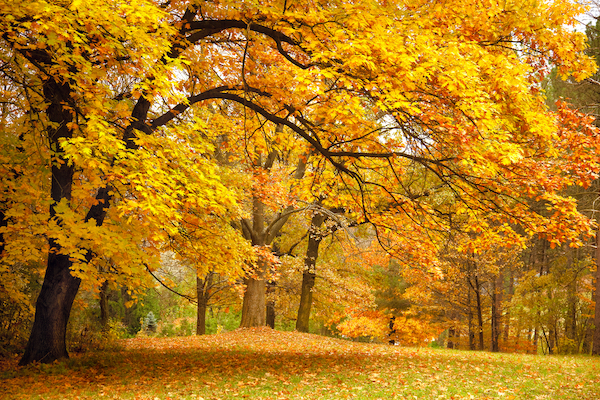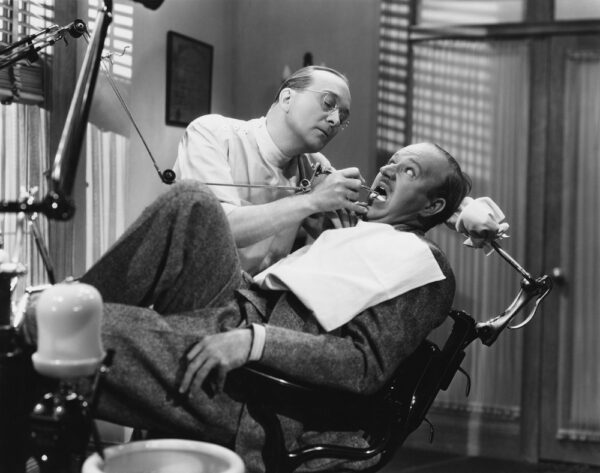At the end of each year, I always take a moment to examine the ups and downs I experienced. What follows is my personal and professional review of 2020. I:
* Produced/edited hundreds of breaking news stories about the near-war with Iran, Trump’s impeachment trial, the massive wildfires in Australia and California, the coronavirus pandemic, the busy hurricane season, the racial injustice protests, the 2020 election and numerous celebrity deaths.
* Penned 16 journal entries.
* Passed the 60,000th tweet mark on my personal Twitter account (@jadewalker).
* Began a stay-at-home regimen due to the pandemic on Feb. 26. Took one COVID-19 test (negative) and purchased a dozen masks. Avoided getting sick.
* Maintained two Instagram accounts: @thejadewalker and @catsofjade.
* Read 64 books and numerous magazines.
* Watched 48 TV programs, 64 movies and listened to many podcasts.
* Participated in The Society of Professional Obituary Writers, the New Hampshire Writers Guild, the New York City Writers Group, the South Florida Freelancers Group, the Authors Guild, PEN America and the Silent Book Club, Manchester, NH chapter.
* Planted a container garden and launched a gardening journal.
* Spent months searching for our next home (alas, not in Scotland — damn pandemic). No luck yet.
* Tried to get more sleep. Failed miserably, due to stress.
* Fainted, landed face-first on hard tile, lost a few teeth, fractured my jaw and suffered through a lot of dental work. Now wearing braces.
* Decorated the front and inside of our house for Christmas and mailed 30 Christmas cards.
* Suffered from at least 33 migraines and lost 62 days of my life to pain. Average headache duration: 19 hours.
* Mourned the deaths of my dear Aunt Mona, several colleagues and our 14-year-old cat Brigid.
* Worked my 30th year as a professional journalist. Am once again facing possible layoffs since my news outlet has been sold.
* Celebrated my 20th anniversary as Jade Walker.
* Celebrated our 11th wedding anniversary.
* Turned 47.
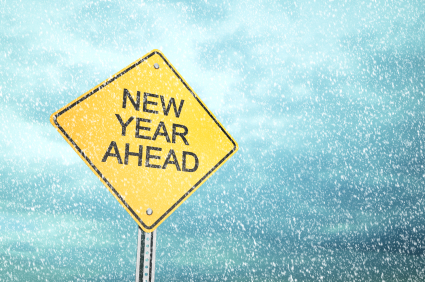
Goals for 2021
* Change careers.
* Avoid any library fines.
* Organize the pantry.
* Plant more flowers and veg in the garden.
* Sleep at least 7 hours a night.
* Work on my fiction.
* Read at least 60 books.
* Practice hygge.
* Win the lottery.
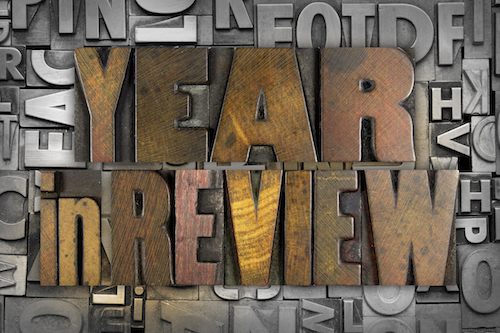

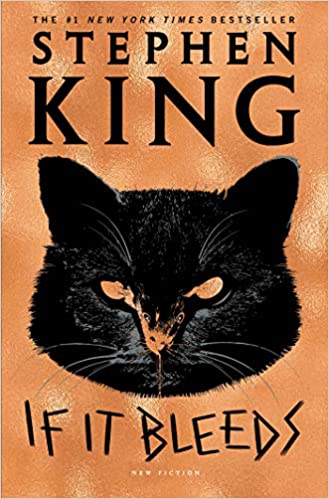
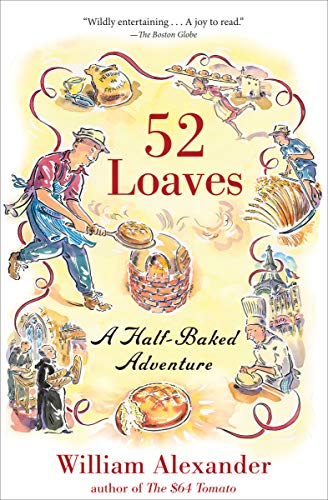 “52 Loaves: One Man’s Relentless Pursuit of Truth, Meaning and a Perfect Crust”
“52 Loaves: One Man’s Relentless Pursuit of Truth, Meaning and a Perfect Crust” Escape to the Country
Escape to the Country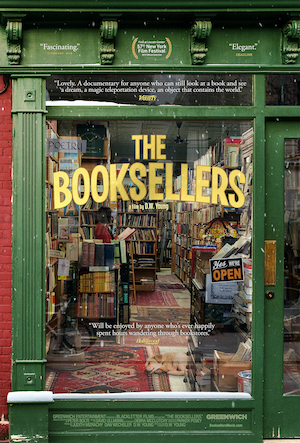 The Booksellers
The Booksellers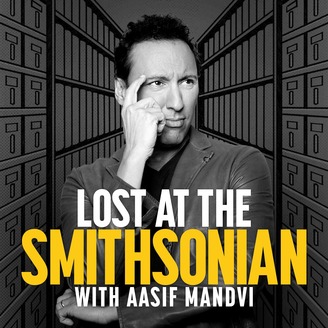 Lost at the Smithsonian with Aasif Mandvi
Lost at the Smithsonian with Aasif Mandvi
